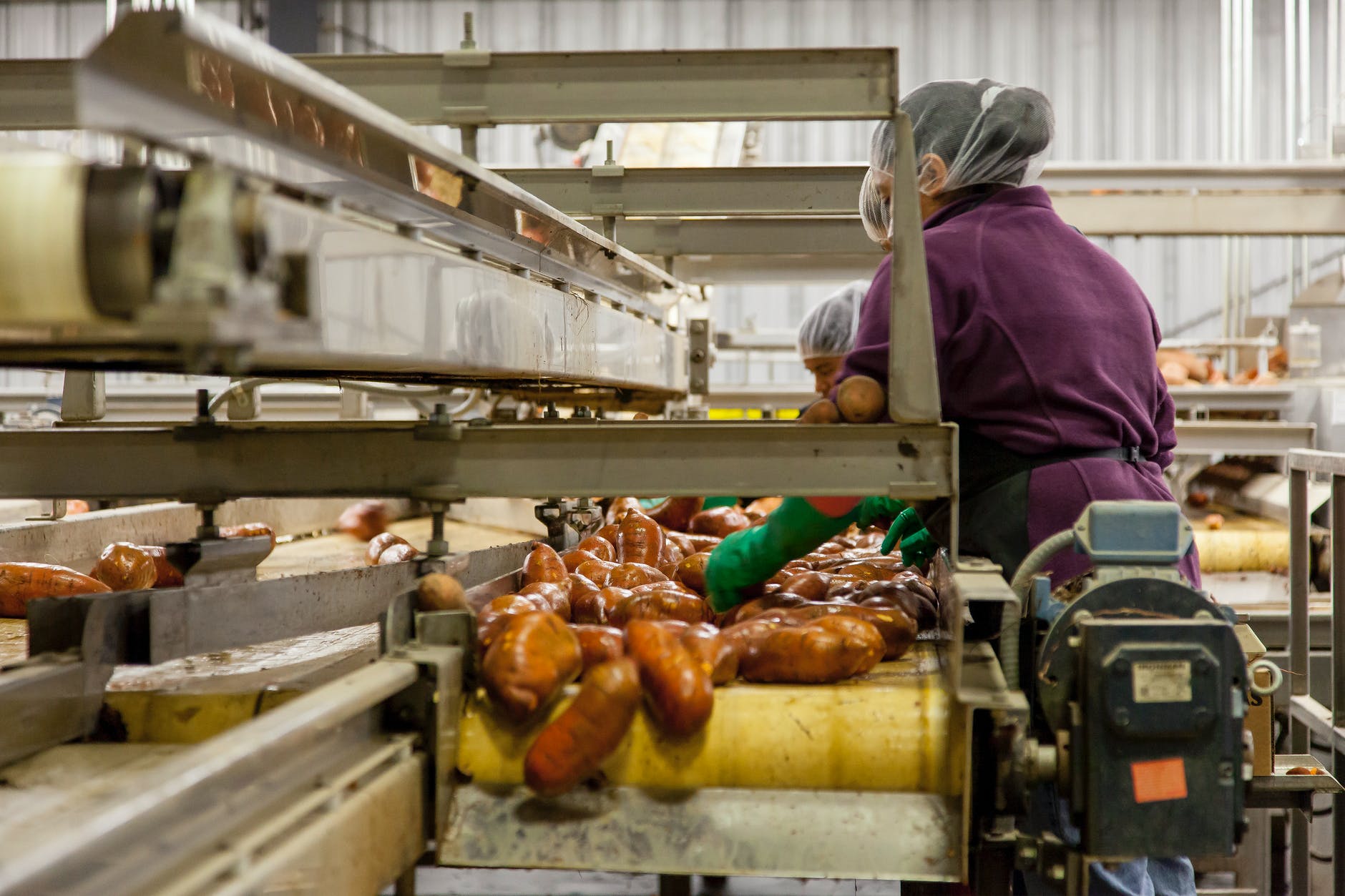What food industry problems has the US faced throughout the pandemic?

A few minutes every morning is all you need.
Stay up to date on the world's Headlines and Human Stories. It's fun, it's factual, it's fluff-free.
Since the coronavirus pandemic began, food industry problems and challenges have increased. Food industries have had to adapt their businesses and alter the normal interaction consumers have with food supply chains. Having seen some of the most notable transformations caused by the pandemic, restaurants and fast-food services have changed the way they operate just to keep their businesses afloat. Others that were not successful in adapting to these changes have faced temporary or, in some cases, permanent closure. As a result of dining rooms remaining shut down due to social distancing and health protocols, options like takeout, curbside, drive-thru and delivery services have become the new norm.
Hunger-relief organizations have also become a new norm, providing millions with the security of free, accessible food. Declining rates of employment accompany an overall increase in people struggling to access affordable healthy food, so food banks have been exceedingly impacted. Many organizations like Feeding America help those struggling with financial stability, while other restaurant and fast-food services are trying their best to uphold positive customer experience while maintaining quality of food. Although the world’s food industries are trying their best to adjust to the pandemic, there are still many problems in the food industry today.
Current issues in the food industry

As restaurants continue to combat challenges related to the pandemic, food scarcity and the need for more accessible, healthy food has been an ongoing challenge since the pandemic started. Feeding America, the largest hunger-relief organization in the United States, estimates that 45 million people (including 15 million children) may have experienced food insecurity in 2020. They recorded handing out 4.2 billion meals from March through October.
According to the statistics, food insecurity levels across the country have risen substantially. Plus, the lack of access to sufficient food due to limited financial resources has led to an overall increase in racial disparities. They projected that “21.6% of Black individuals may have experienced food insecurity in 2020, compared to 12.3% of white individuals.” Being one of the nation’s largest domestic hunger-relief organization, Feeding America highlights that food insecurity is experienced in greater proportion by minority groups due to one key factor – structural racism and discrimination.
The division we see happening between these different groups existed prior to COVID-19. Data from health organizations show that “economic recovery is likely to be slower for communities of color overall and for the Black communities in particular.” According to this data collected, one in 12 white, non-Hispanic individuals lived in a food-insecure household, compared to one in six Latino, one in five Black, non-Hispanic and one in four Native American individuals. Poverty rates for minorities continue to remain higher, and as the pandemic continues to create issues for individuals that are less likely to financially support themselves, we see organizations like Feeding America enduring the daily social imbalances of the system.
In Oxford’s “Food Quality and Safety” (Volume 4, Issue 4), Serpil and Mehmet Seckin Aday detail the negative effects COVID-19 has had on the global economy: “A major concern shared by all food companies is preserving the employee’s health and provision of a sufficient workforce due to those who do not want to work because of sickness or coronavirus fear.”
Because the nature of food service is public facing, many restaurant employees may be reluctant to work, or unable to work if they become sick and must quarantine. That, combined with the fact that many restaurants are operating at reduced capacity to ensure social distancing protocols, means fewer employees, inconsistent operating hours and an overall decrease in sales.
Starbucks general manager Nathaniel Hays gave TMS an inside-scoop into not only how his team in California is living up to the company’s mission and values, but also how they’re living up to his first store purpose – “Come for the coffee, become family” – through this time of turmoil. Although many people see Starbucks as just another place to get a cup of coffee, Hay’s team at Chapman and Main in Orange County have been focused on serving their community every day. We see companies like Starbucks not only taking serious measures to follow safety and health protocols, but also adhering to their values as a company.
“Overall it was difficult adapting to all of the unknowns regarding the virus,” Hay explains. “We are very community and customer focused, so as a company, living our mission and values is what got us through it.” Hays reflects on his own store’s personal purpose, highlighting that “my team and I as well as the entire Starbucks family all strive to create a third place where you can come and be loved and appreciated outside of work and home. Living this purpose has kept our partners and customers at our core during these times of uncertainty.”
With remote working at an all time high, staff shortages and continued uncertainty, many food supply chains struggle to find the right balance within the workplace. Considering the accessibility and easy nature of mobile-ordering, customers are often able to order without considering how many other people may also be ordering $40 worth of food and drinks at the same time. This results in employees facing long days of overcrowded lobbies or non-remote workers in drive-thrus ordering for their whole staff back in the office.
Seeing that food pantries and banks have also been impacted, know that you aren’t the only hungry one looking for a meal. Food industry problems are rampant in all markets and globally following the impact of the pandemic. So, the next time you’re impatiently waiting in line, consider all the factors and the challenges food industries are facing today.
Have a tip or story? Get in touch with our reporters at tips@themilsource.com




Comments ()